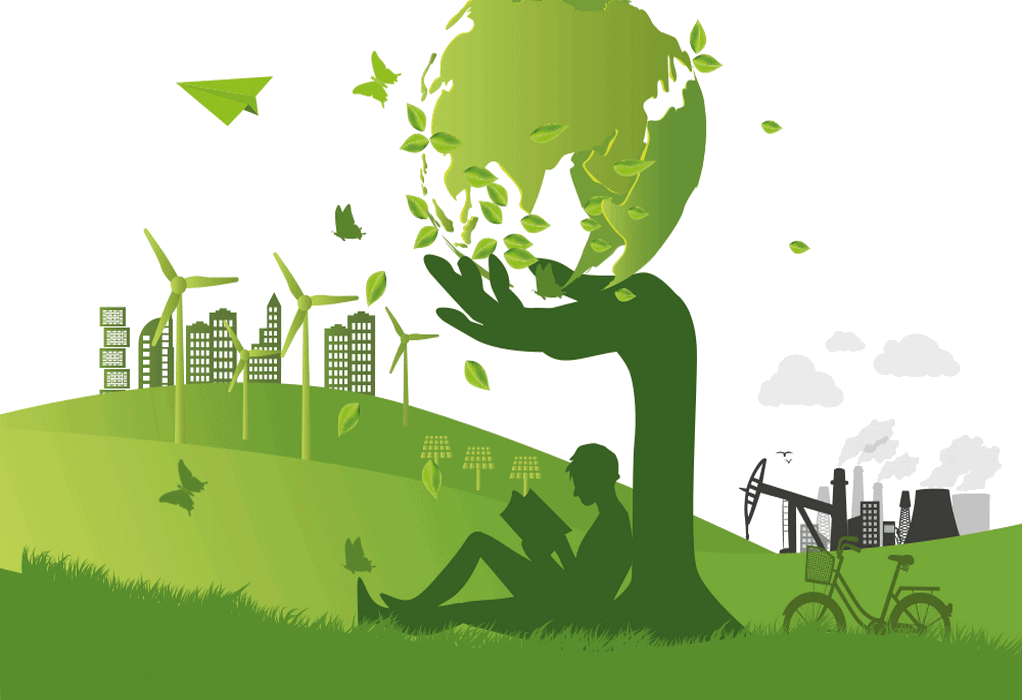The European Commission proposed new legislation for heavy-duty vehicles like trucks, city buses and long-distance buses. The legislation calls for a rapid phase-out of all fossil fuel vehicles in these categories and a 90% emission reduction by the year 2040.
Even more, pressing is the deadline of 2030, by which all new city buses should be emissions-free. This massive legal mandate on sustainable transportation, however, will need a sufficiently robust charging infrastructure to support it.
The Commission has already proposed the Alternative Fuels Infrastructure Regulation, which calls for creating an electric chagrin station every 60 kilometres and one hydrogen refuelling station every 150.
Heavy-duty vehicles (HDVs) like trucks, city buses and long-distance buses are responsible for around 6% of the EU’s total greenhouse gas emissions. At the same time, they account for 25% of all road transport emissions, with this number being much higher in cities.
This is why the Commission has decided to target HDVs with concrete caps on emissions. Frans Timmermans, Executive Vice-President for the European Green Deal was quoted in a press statement explaining that regardless of these particular measures, all road traffic needs to be emissions-free by 2050. This piece of legislation would only lay the groundwork.
Cities would be the first to face the weight of the regulations, with all new buses having to be emissions-free from 2030 on, whether they are electric or hydrogen, it does not matter. For long-distance buses and trucks, the regulation calls for a 45% reduction from 2030, 65% in 2035 and 90% by 2040.
While many companies and local authorities in wealthier European Member States have already started changing out their vehicle fleets in both city and inter-city buses, the same cannot be said for the less affluent members. In fact, mandating all new buses in a given city’s public transport be carbon natural might just mean that many cities simply forgo buying new buses altogether, or at least drastically slow down upgrading their vehicle fleet.
On the other hand, as EU officials point out, dedicating and accelerating the expansion of sustainable transportation would greatly contribute to the energy independence of the Bloc. This is because it would free up the EU from relying on unstable and sometimes exorbitant prices of fossil fuels.
Tags: City Buses, Europe, Fossil Fuel, Trucks



Recent Posts
Yara Birkeland Marks Three Years of Pioneering Zero-Emission Maritime Operations
HD Hyundai, Maersk Collaborate on Innovation in Decarbonization and Smart Logistics
First ship to have pioneering sensor installed to measure emissions of particles
Incat Tasmania launches world’s largest battery-electric ship
India to supply 4.12 lakh tonne green hydrogen derivatives to Japan, Singapore
Green hydrogen gets official stamp as India notifies certification scheme
Wärtsilä expands methane slip reduction capabilities by introducing NextDF technology
GS E&C, Amogy, and HD Hyundai Infracore partner with South Korean City Pohang-si